Two summers ago, while I was in Massachusetts, I came across a flower shop that soon became my favorite spot in the city of Boston. Owned by an Afghan immigrant couple, it was your typical florist – all demure in its little green corner on Commonwealth Avenue – but it meant more to me because of the people inside. This was the first time I had directly interacted with an Afghan national, at least someone who wasn’t a garbage collector or your usual roadside beggar on the main streets of Lahore. And I say this with a great deal of empathy, because unfortunately, this is the harsh reality facing the majority of Afghan refugees in Pakistan. But as usual, we seem to exercise the same habit of overestimating foreigners and underestimating the rot that exists within.
The first sentence they said was a question: “Where are you from?” “Pakistan,” I replied. The second thing: “De Pakistan Woror.” And that meant everything. For someone also a stranger in another place, it was comforting to be known, beyond the prejudice attached to being a Pakistani Muslim – terrorist country, land of cricket, mildly good food, oh, and Osama bin Laden, just casually placed in that list, perhaps not in the right order.
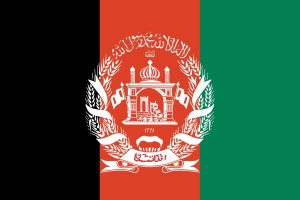
It would be superficial of me to say that this interaction, and the subsequent ones that followed, truly shaped my perception of what being an Afghan in the world is like, or the delicate relationship shared between Pakistan’s dwindling internal and external policies, and the fate of many of these people who were not so lucky to have been able to reach the US, and had to settle for Pakistan. I know exactly what that feels like.
Afghanistan has suffered major blows over the past few years, especially exacerbated by the Biden administration’s nefarious pullout in 2021. It is an emotional affair, yes, but Pakistan seemingly fails to consider how much more drastic the repercussions fall on its neighbor than itself. The current policy of forced refugee repatriation is not just a humanitarian crisis, but a hypocritical stance that conveniently ignores Pakistan’s own role in the very instability that has led to millions of Afghans being displaced from their homeland. For decades, Pakistan has been a central player in the politics of Afghanistan, bootlicking the US and its divide-and-rule policy, a hallmark of the colonial playbook regardless of the era. To radicalize its own people – already susceptible to religious propaganda and armed exploitation – enough to fight a third party’s war, to kill ruthlessly and open all channels to facilitate the aforementioned killings, and then to cry when faced with a rebellion. It is important to distinguish that the Pakistani people have already paid their price for the war on terror, but the federation hasn’t, not in any year, and to claim the protection of the former is a poor concealment of the interests of the latter.
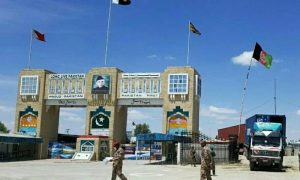
The decision to expel Afghan refugees en masse is strategically shortsighted. Over four million Afghans reside in Pakistan and have contributed consistently and significantly to the economy of this country, building entire lives around this place. Calling for their repatriation is inevitably going to hurt more than the Ministry of Finance cares to estimate, particularly our very grand and very needed defense budget. How is it that each year a significant proportion of the budget is allocated to the country’s defense, and yet every decision finds its way to the policy of deterrence: sending back refugees for security reasons, the same cause our tax returns flaunt the zeros they do? From an economic lens, this author can bet her two horses on the fact that, refugee or not, Pakistan’s crisis will not cease anytime soon, not with an unwanted coalition government in the house, or a military that pretends to stick to the boots, strictly speaking.
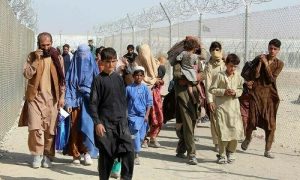
Pakistan’s policy is also a glaring comparison to its past treatment of Muslim causes, whether for the Rohingya, Kashmir, or Palestine. It is awfully convenient to issue a new statement every week, calling on the world to provide aid, asylum, and autonomy to these victims of power politics, but when it comes to its own role, Pakistan pushes aside the Afghans for no longer being politically expedient. We shall not even begin on the horrors Afghan women face under the pseudo-Islamist Taliban federation, and actively playing a role in the exploitation of entire generations is a feat only Pakistan can achieve. What use is the welcoming of Palestinian students at Pakistani institutions when we have the opportunity to save millions from the disaster that awaits them and yet willingly push them into the hellfire we do not even have the guts to criticize on national television? I suppose our parliaments are more concerned with their own salary benefits being remunerated, democracy or not.
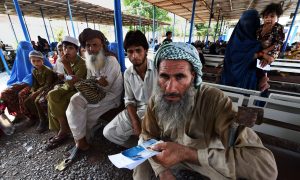
It is time Pakistan recognizes the catastrophic and moral failure of its Afghanistan policy. The Taliban are no allies, and neither are they interested in securing Pakistan’s borders or playing as Islamabad’s puppets. Instead of mass deportations, Pakistan should push for regional diplomatic solutions, collaborations to streamline official asylum management, for once doing the honorable thing. The world is watching, and history will not be kind to those who betray their own humanitarian responsibilities.






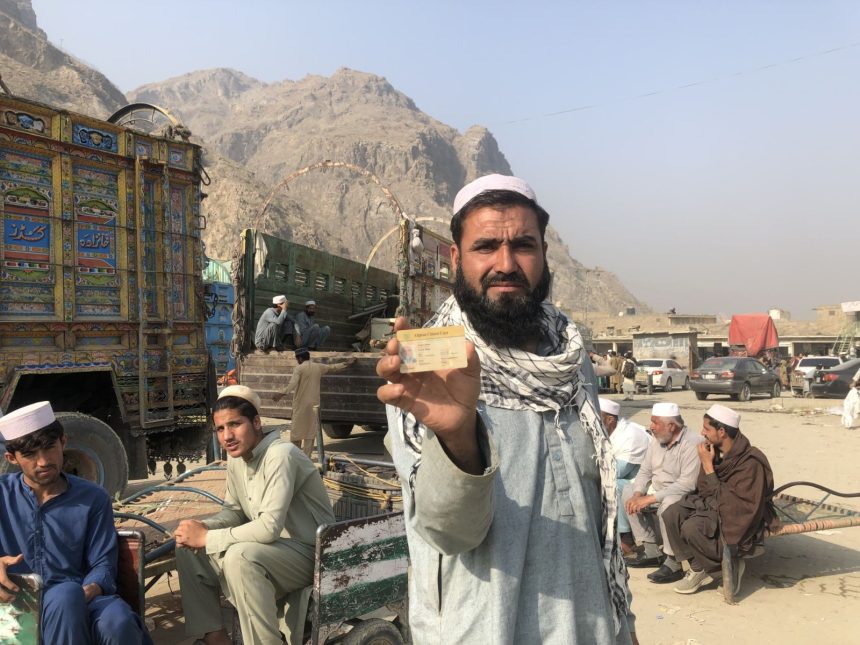
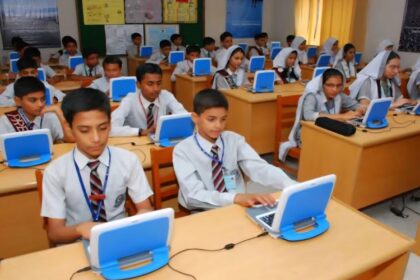

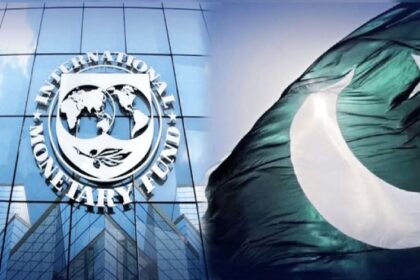
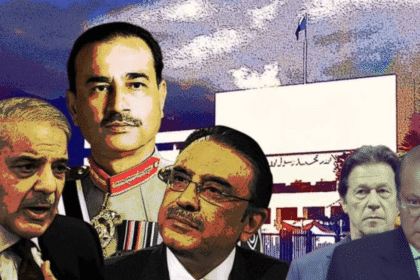
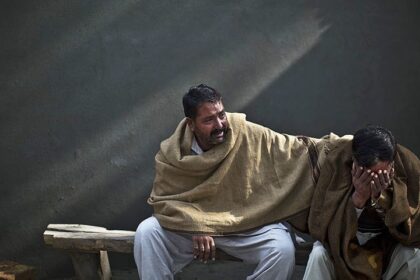
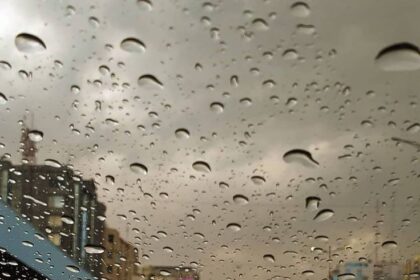




Lovely article as always, Ariba. I greatly enjoy reading your articles!